LG’s 100-Inch QNED evo AI TV Redefines Big-Screen Viewing in South Africa In a bold leap forward for home entertainment, LG Electronics South Africa…
10 ways Africa’s fintech sector boomed in 2019
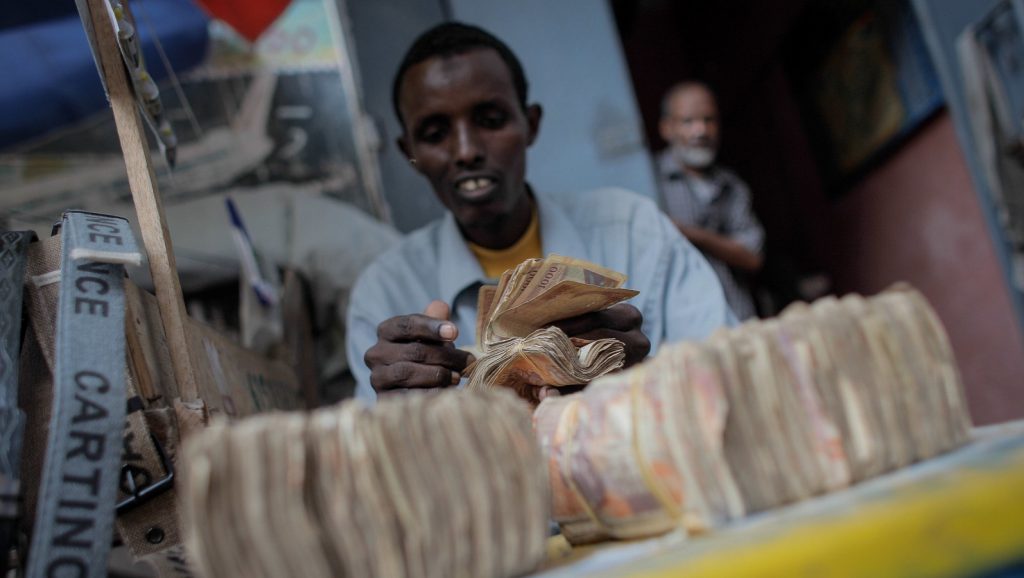
Fintech remains one of the hottest tech verticals in Africa. This year saw African fintech startups based on the continent raise over $53-million in 25 deals (in disclosed deals).
Fintech deals accounted for about 18% of the almost $290-million netted in 88 disclosed deals reported by Ventureburn in 2019.
The biggest chunk this year went to the mobility and logistics vertical and distribution platforms, which together netted about 41% of disclosed deal value in 2019 (see this story).
When it comes to fintech, Sub-Sahara Africa is the favoured region for some of the world’s top startups looking to tackle financial inclusion, if the names of those listed as part of the Inclusive Fintech 50 initiative is anything to go by (see this story).
Fintech deals account for about 18% of the almost $290-million netted in 88 disclosed deals reported by Ventureburn in 2019
The initiative — run by MetLife Foundation, Visa, non-profit Accion and World Bank member IFC— aims to recognise the top early-stage fintechs that contribute to financial inclusion around the world.
Fintechs focused on sub-Saharan Africa account for 16, or a third of the 50 companies selected for the list, followed by 20% who say South Asia is their exclusive market.
And a new report released in June by tech publication Disrupt Africa puts the number of African fintech startups currently operating on the continent at 491. However, it’s uncertain how accurate the figure is, as the report’s authors do not clearly define what a startup is (see this story).
Nonetheless, a number of things suggest that the fintech sector is the place to be. We’ve selected 10 ways the sector boomed in 2019. Here they are:
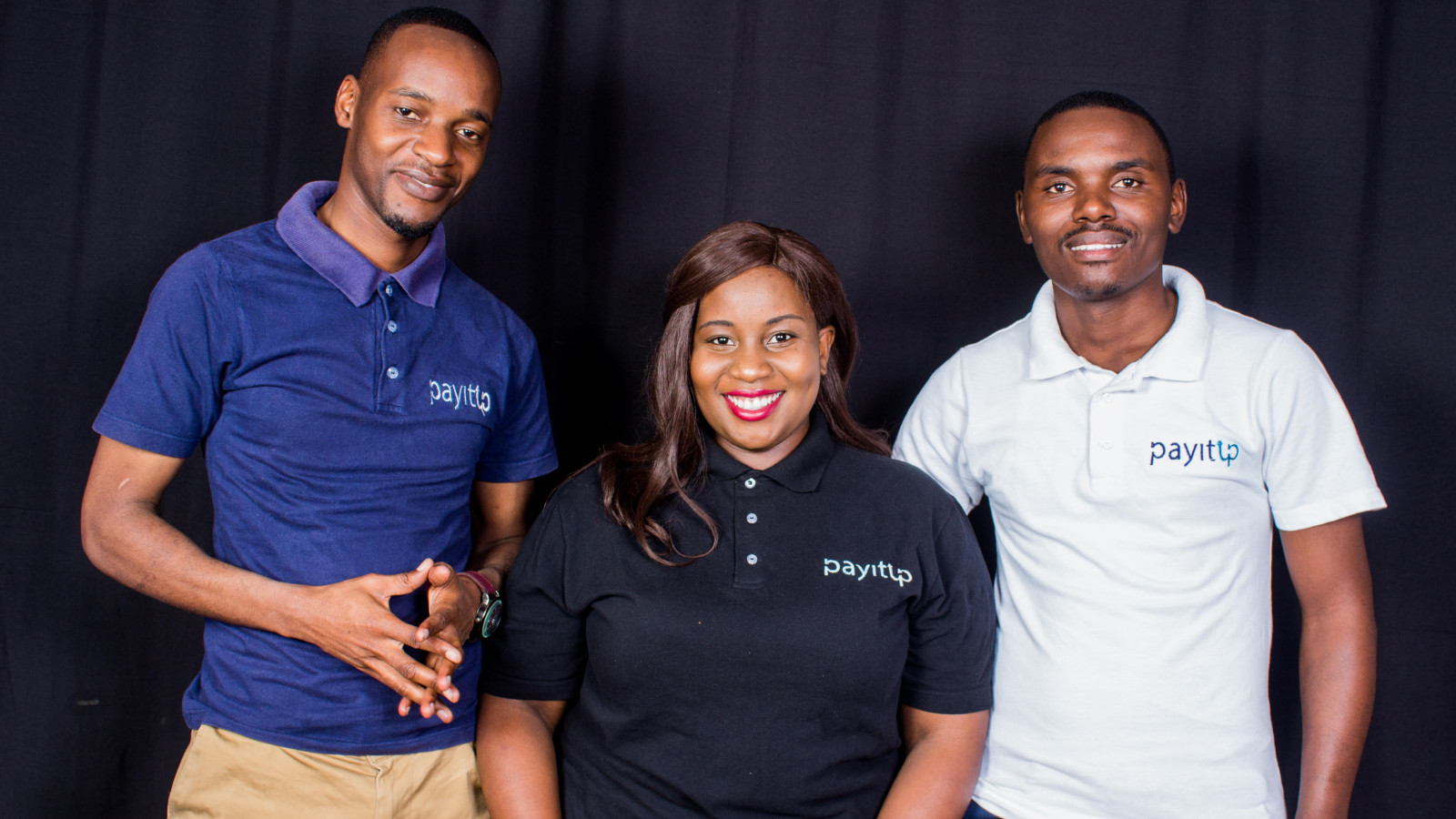
Over $50m in deals by African fintech startups
There were some big deal in African fintech this year. Arguably the biggest was US payments technology corporation Visa’s acquisition’s last month of a minority stake in Lagos-based digital payments firm Interswitch Group.
Made at a valuation of $1-billion, this effectively makes the fintech company Africa’s latest unicorn (see this story).
It follows the listing on the New York Stock Exchange in April of Jumia, which is often dubbed as Africa’s “first tech unicorn” — though some argue it is not truly an African tech company, having been set up by German venture builder Rocket Internet (see this story and this one).
Interswitch did not mention how much Visa paid for what it described as a “significant” minority equity stake. Sky News reported in an article at the time that Visa would acquire a 20% stake in the company for $200-million (we didn’t include the deal in the $53-million figure, as the firm is no longer a startup).
Interswitch was founded in 2002 by Mitchell Elegbe and specialises in electronic payments processing and switching services in Nigeria.
Other fintechs that raised some big money. The biggest this year was the $20-million Series-B raised by US-based fintech startup Migo (formerly known as Mines.io) (see this story). While it’s based in the US (Ventureburn therefore did not include it in its $53-million figure), the startup was founded in 2014 by a Nigerian team.
Of those deals that were disclosed, African fintech startups (Ventureburn defines these as firms no older than seven years and based in Africa) raised just over $53-million in 2019 from 25 such deals.
In all, SA fintech startups accounted for over $17.8-million from 12 deals. This, while Nigerian fintech startups raised $13.1-million (Migo’s deal was not included) from four disclosed deals (here are six Nigerian fintech startups to keep an eye on — see this story).
The biggest deal among these was concluded by Harare-based payments startup Payitup, which secured a $13-million Series-A investment from London’s Thawer Fund Management.
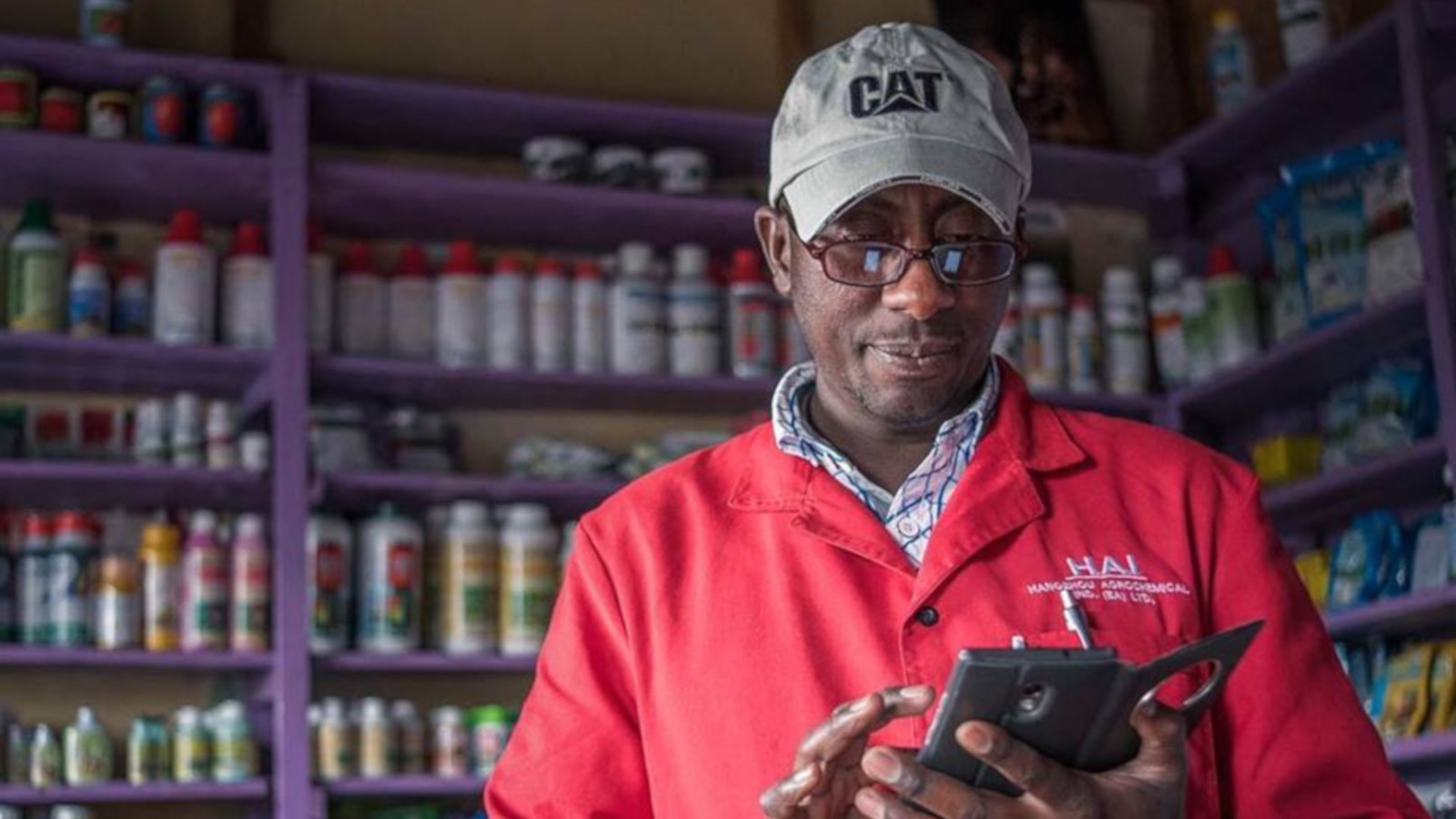
New fintech funds available
This year saw the launch of philanthropic investment firm Omidyar Network‘s Flourish, an evergreen venture fund that will back impact fintech startups. It has $300-million to invest over the next five years (see this story).
This, while Accion Venture Lab, the seed investment initiative of US-based non-profit Accion, said in September that it would invest between 20% and 30% ($4.5-million to $7-million) of the capital of a $23-million fintech fund in emerging markets in Africa (see this story).
Meanwhile, Egyptian startups will be eagerly awaiting the launch of a $50-million to $100-million fintech fund that the Central Bank of Egypt (CBE) plans to launch by early next year (see this story).
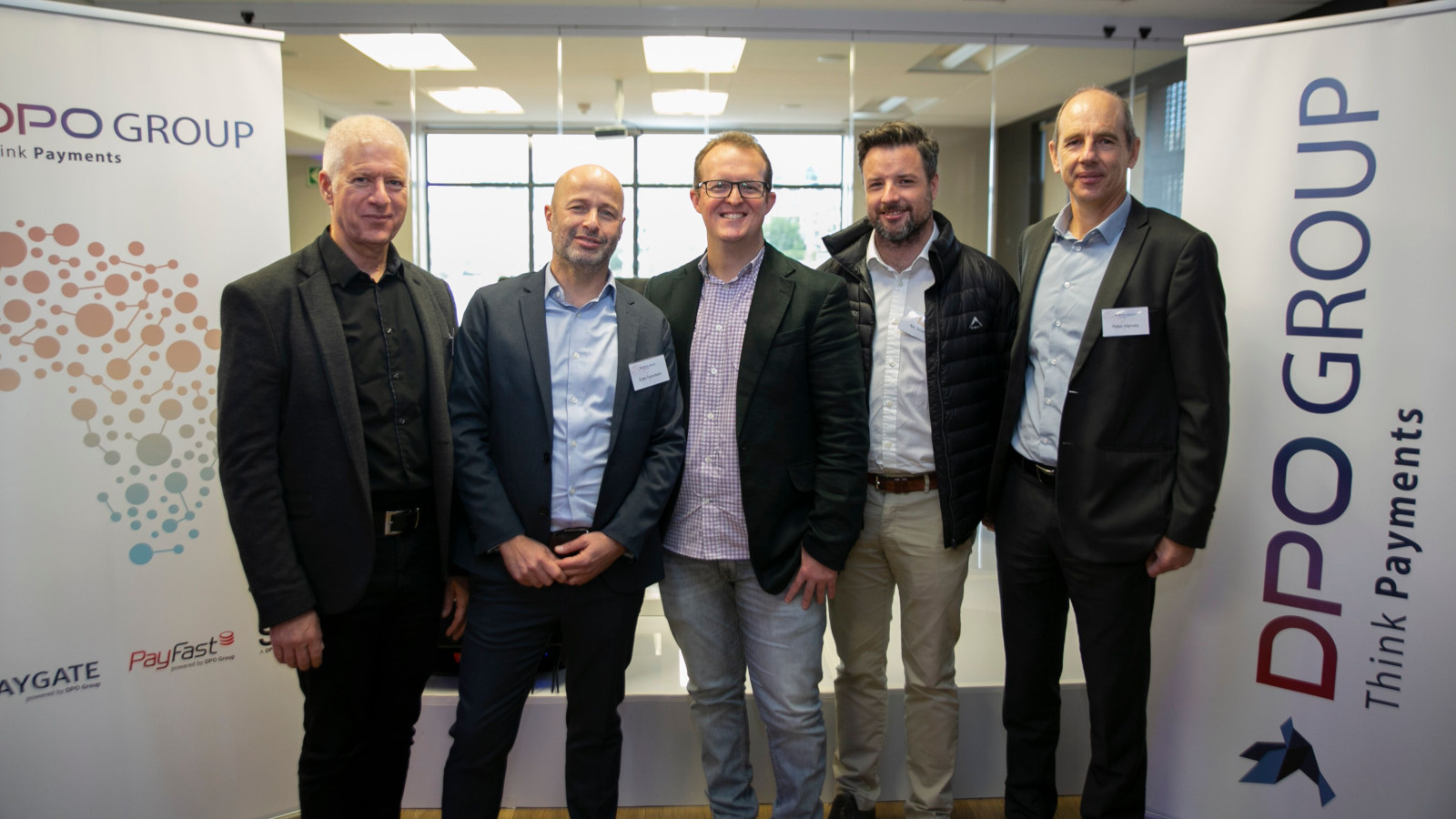
Big acquisitions
In 2019 there were also some big acquisitions in the fintech sector.
In July, Nairobi-based payment services provider the DPO Group announced that it had acquired SA payments processing service PayFast in a reported multi-million rand deal (see this story).
It’s the fifth company that the DPO Group has acquired since its inception in 2006.
PayFast was founded in 2007 by managing director Jonathan Smit and Andy Higgins.
It is not clear how much the deal is worth. Apis Partners managing director Nicholas Smalle, whose firm funded the acquisition, described it as the largest acquisition of a payments processing company in South Africa to date. The deal is therefore higher than the R100-million that DPO paid PayGate in a merger in 2016.
In March payments solutions startup Amplify announced that it had been acquired by Nigerian finance company OneFi for an as yet undisclosed amount.
The deal — which took effect on 1 March — sees OneFi add Amplify’s assets, trademarks, as well as the fintech’s flagship products AmplifyPay and mTransfers to its portfolio (see this story).
More black-owned startups netting finance in SA
According to a report by South Africa’s Rand Merchant Bank earlier this year, the typical SA fintech founder is most likely male, aged over 30, has studied at UCT, Stellenbosch or Wits, has worked previously in the financial services sector — and is white (see this story).
But a number of black-owned fintech startups — or startups with at least one black founder — have netted funding of late. This is promising.
They include several insurtech startups. Joburg based Yalu last year got funding from the Public Investment Corporation (PIC) which took a 30% stake in the startup (see this story), while Investsure netted R9.6-million in funding in March (see this story).
Another startup, Solvency, which recently clinched a multi-million rand investment and aims to tackle with a new product revealed last month that it plans to launch on 1 January (see this story).
In August eight black-owned fintech startups won business support and funding totalling R16-million from Rand Merchant Investment Holdings’ (RMI) fintech incubator AlphaCode (see this story).
AlphaCode also provided R23-million in funding under the BEE code of good conduct’s supplier development element, to three SA fintech startups, Zande Africa, Bright On Capital and Livestock Wealth (see this story).
It’s never easy going in the world of startups, as the case of black-owned insurtech Fo-Sho illustrates. The startup shut down in February this year. When the company closed, investors and shareholders, including Startupbootcamp (SBC) Afritech, lost R8.5-million that it had invested in the startup (see this story).
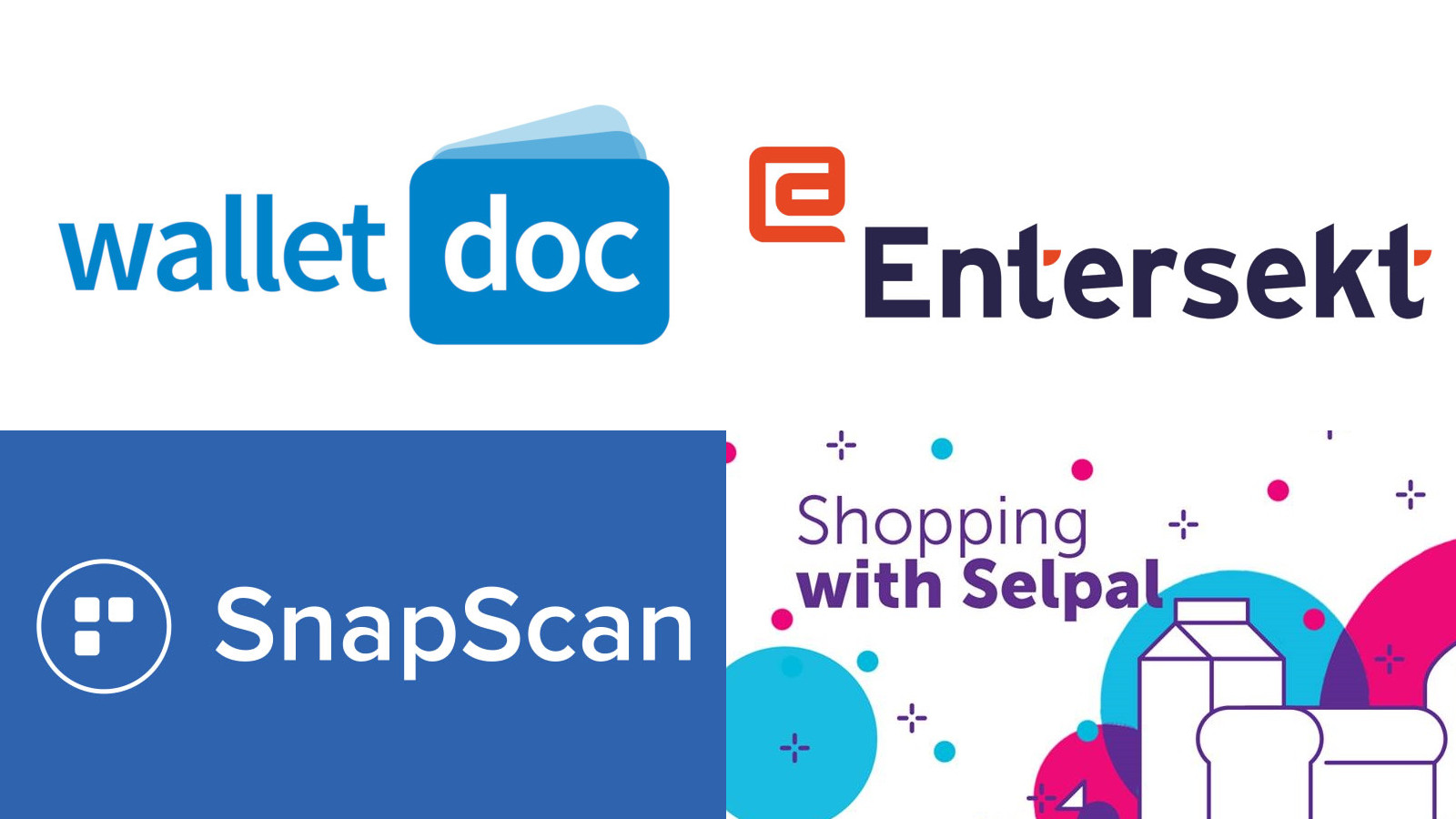
SA banks, insurance firms working with fintechs
SA fintech startups are offering banks new ways to accept and make payments, lend out loans and offer financial services to the previously under or unbanked.
Because of this South Africa’s big four banks are now working with a number of startups and fintech companies (see this story).
Added to this, insurance technology is big money in South Africa, with several local insurtechs having together raised tens of millions of rands in investment of late, to develop new models that aim to disrupt the traditional insurance industry. A number of SA insurance companies are working with startups (see this story).
In the end, you can either work with them, or just start your own bank — as venture capitalist and former FNB CEO Michael Jordaan is doing with his Bank Zero.
In November he announced that it is a step closer to launching operations to the public, after having completed its core value proposition and having gone live with its debit card. The bank was to have launched to the public this year. Jordaan put the delay down to his team opting to build its entire tech stack internally (see this story).
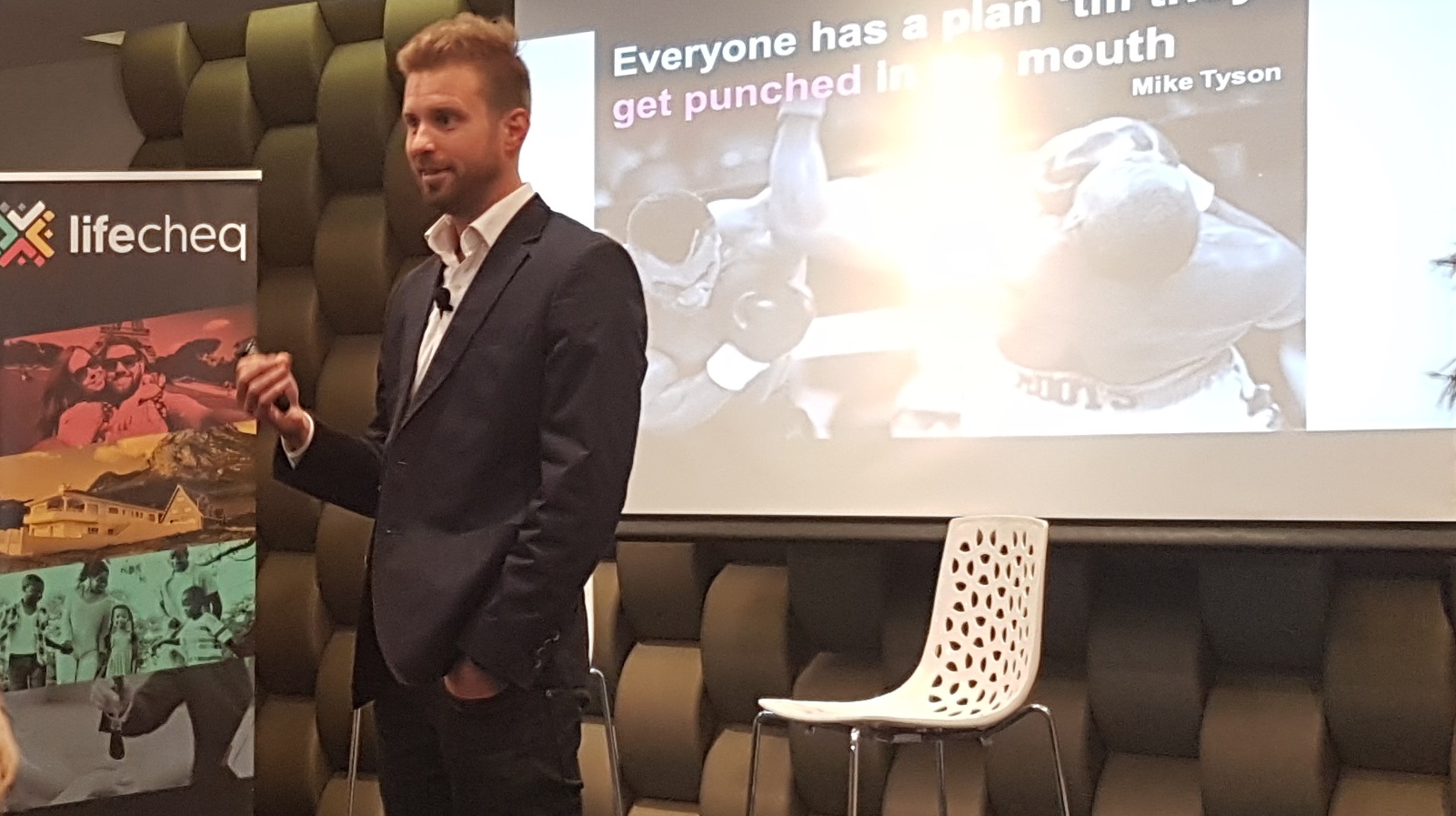
Can’t keep em down
A year after having uncovered financial management which almost forced SA fintech wiGroup to shut down, the company has turned things around, having grown at 25% over the last 12 months, its founder Bevan Ducasse revealed in July (see this story).
“Basically we managed to miraculously turn the business around,” he said, speaking at an event at time.
While the company had come close to closing down and had to shed 20% of its staff, it had “come out flying”, after breaking even in October last year, he said.
The 25% growth, explained Ducasse in a subsequent call with Ventureburn, was on the monthly revenue the company was generating just after the financial mismanagement was uncovered in July last year.
Talk about a near call.
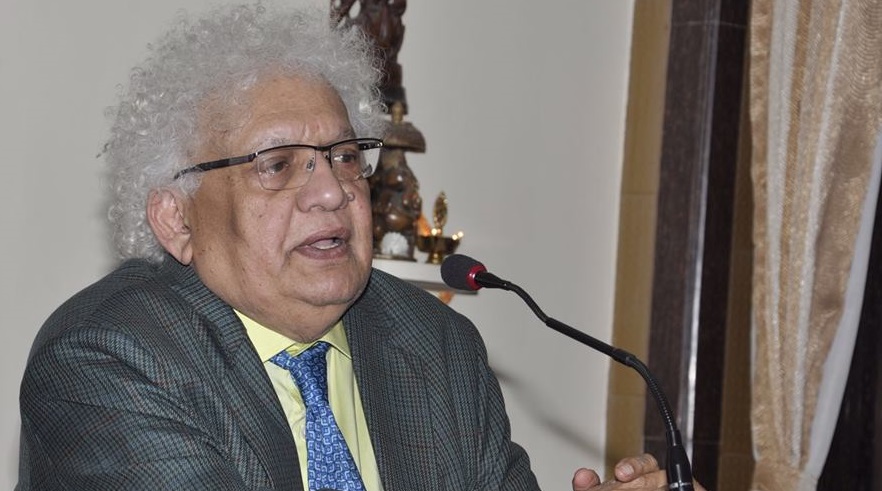
Keep your eye on regulatory sandboxes
Regulatory sandboxes for the fintech sector are the way to go. South Africa, Kenya and Sierre Leone have them (according to a Forbes article earlier this year). Mauritius also has one.
They allow startups in a safe and controlled way to test new fintech products and services, which have yet to be properly regulated. Several such sandboxes are emerging across the world.
In August, fresh from winning Seedstars Nairobi, Kenyan fintech Pezesha — along with two other fintechs — was admitted into Kenyan financial regulatory body Capital Markets Authority’s (CMA) regulatory sandbox (see this story).
In a statement on its website at the time, the CMA announced that micro-lending marketplace Pezesha and Innova, a cloud-based analytics platform for investors founded in 2010 by Vincent Ntalami and Conrad Akunga, have been admitted to the authority’s regulatory sandbox.
A third fintech firm admitted has elected to remain anonymous, during its three months test period, except to its closed group of test subjects, an option provided by the company to the authority, the CMA said.
Meanwhile also in August, Mauritius’s Economic Development Board (EDB) announced that it had so far granted nine regulatory sandbox licenses to startups and companies (see this story).
The EDB’s National Regulatory Sandbox License committee is chaired by Lord Meghnad Desai (pictured above), which oversees approving the granting of sandbox licenses.
Which country in Africa will be next to set up a regulatory sandbox?
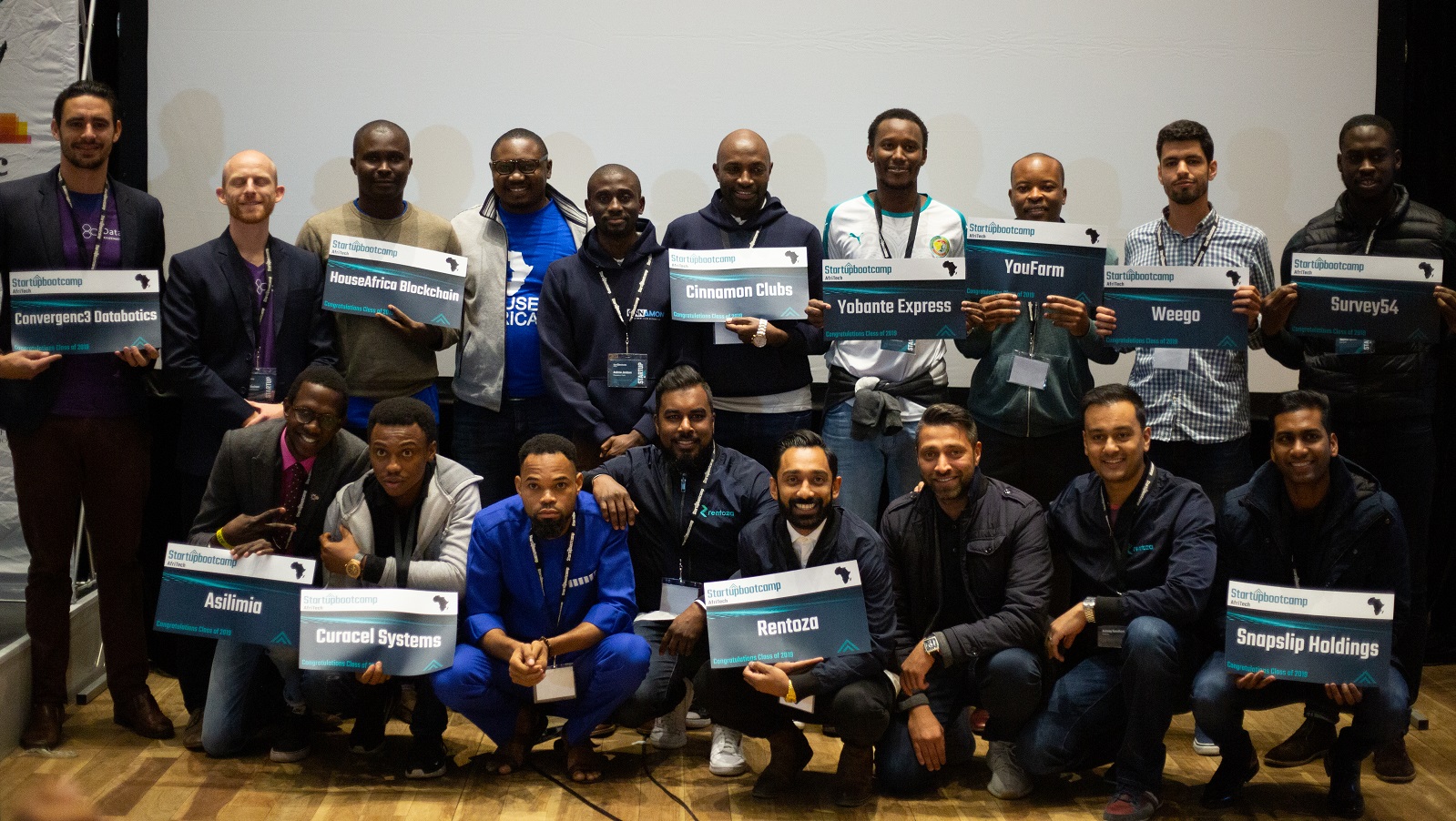
Some great accelerators
Across the continent there are already several accelerators dedicated to helping fintech startups. These include:
- Startupbootcamp Afritech’s (SBC Afritech) which in 2019 helped 10 African startups (most of them in the fintech vertical) grow their business offerings. This year’s programme concluded with a demo day held in Cape Town on 7 November (see this story).
- Corporate-backed accelerator and incubator Founders Factory Africa, which announced in April that it had selected five African fintech startups for its six-month long acceleration programme and for investments of up to $40 000 each (see this story).
- Venture capital (VC) fund Pride Capital, which also announced in April that it has partnered with accelerator Startupbootcamp to help grow 40 Egyptian fintech startups over the next four years through the Startupbootcamp-Pride Fintech Cairo programme (see this story).
- Also in April, banking group Standard Chartered Bank announced that it had launched its Africa eXellerator lab in Nairobi (see this story).
- In South Africa, Rand Merchant Investment Holdings’ (RMI) fintech incubator AlphaCode in August provided eight black-owned fintech startups with business support and funding totalling R16-million (see this story).
- The Catalyst Fund‘s accelerator programme, which earlier this year selected three Africa-focused fintech startups — namely Turaco, Chipper Cash and Salutat. Each will receive between $50 000 to $60 000 in non-equity funding (see this story).
Meanwhile, in May Mastercard revealed that it had expanded its Mastercard Engage programme to target Kenyan and Nigerian fintechs (see this story).
This, whole in July global professional services firm Ernst & Young (EY) announced that it had partnered with Open Banking Nigeria to develop a standard Application Programming Interface (API) for the country’s financial services industry (see this story).
It follows SA bank Nedbank’s announcement in April that it had launched the Nedbank API_Marketplace, an API platform which the bank says will allow approved technical partners to create innovative solutions for clients (see this story).

Increasing number of fintechs serving SMEs
An increasing number of fintech startups are looking to fund small businesses in South Africa using online platforms and apps to service the massive demand for such finance.
There may be tens of fintech platforms lending to SMEs that are now active in South Africa, and Ventureburn has identified five such fintech SA startups that have received investment in recent years.
A report (find it here) last year by Finfind — an online platform that helps link small firms to funders — revealed the total annual funding requests for small businesses to be between R86-billion and R346-billion (depending on whether 20% or 70% of small firms were looking for finance or not).
A number of such platforms have received investment of late. They include LulaLend which in June announced that it had closed a $6.5-million Series-A round and Joburg based fintech startup Fundrr which in May revealed it had received an undisclosed investment from a Cape Town angel investor.
Most of these platforms offer finance that is notably more expensive than that of traditional bank finance, but the difficulty that many business owners experience in getting a bank loan (the high amount of red tape and lengthy waiting periods) means there’s a high demand for so-called alternative lending.
Fintech lenders have proven so valuable that banks are even working together with them. It might sound too good to be true. Usually the two are in direct competition with one another.
One case in point is Merchant Capital. The fintech startup — which Dov Girnun founded in 2013 (Girnun — pictured above, right was subsequently joined as a co-founder by Daniel Moritz, pictured above centre with the fintech’s chief relationship officer Ryan Cohen ) lends to small businesses and has been partnering with Standard Bank for just over a year.
“I think it’s amazing that Standard Bank were open enough to do this kind of deal,” Girnun told Ventureburn in a call in September. “They’re almost outsourcing their small business credit to Merchant Capital,” he added (see this story).
Between June last year when Standard Bank took what Girnun referred to as “a small percentage stake” in Merchant Capital and end of August this year, the fintech has been able to access R200-million in deals in the last year.
Ventureburn has listed five SA fintech platforms that lend to SMEs that have scored external investment (see this story).

Crypto winter is over
With experts reporting in recent months that crypto winter is now over, things are hotting up in the SA cryptocurrency scene — with five major SA crypto deals valued at over R60-million having being announced since the beginning of this year (see this story).
The deals are a sign of how active the vertical has become on the country’s tech scene.
But Nigerian Yele Bademosi (pictured above) the director of Binance Labs, takes a more cautious view.
He reckons that entrepreneurs who help develop real projects on the blockchain is what is likely to drive African regulators to begin regulating cryptocurrency and blockchain (see this story).
Bademosi (pictured above) said most African regulators have adopted a “wait-and-see approach”, but would begin to act once they saw entrepreneurs deploying projects that solve real issues — such as financial inclusion, and improve things such as identification (ID) systems or develop solutions that tackle corruption.
“In my mind when we begin to see real projects in use, I will be very surprised if a government comes out and is like oh we want to ban this particular technology,” added Bademosi.
Startups, just make something useful. That way, fintech will continue to boom in Africa.
Featured image: Amisom Public Information via Flick (CC BY 2.0)


